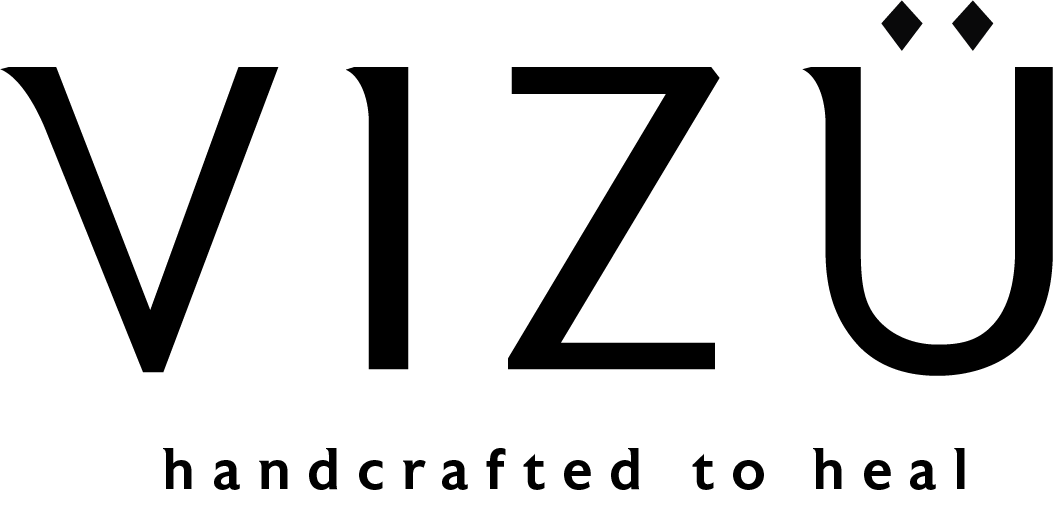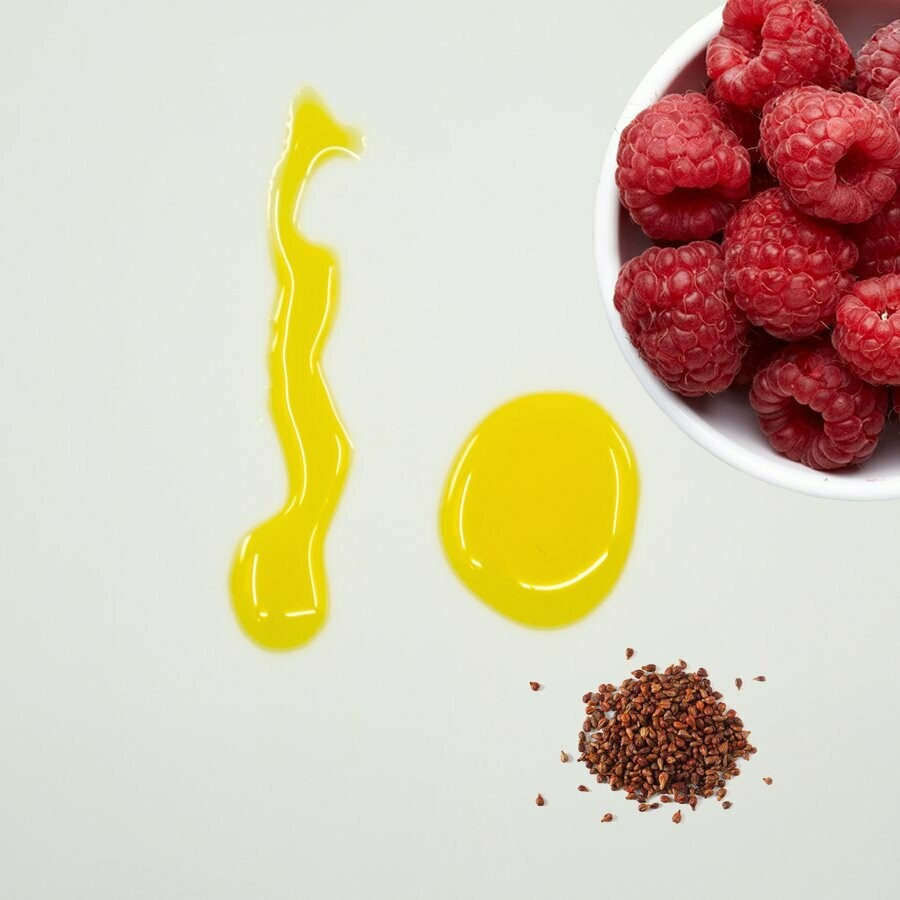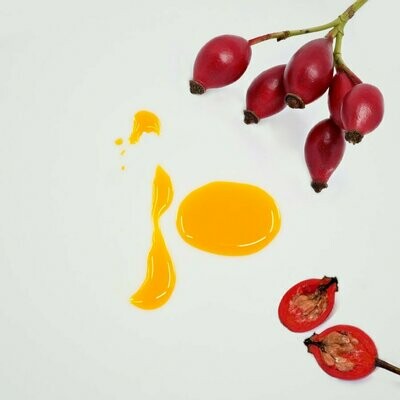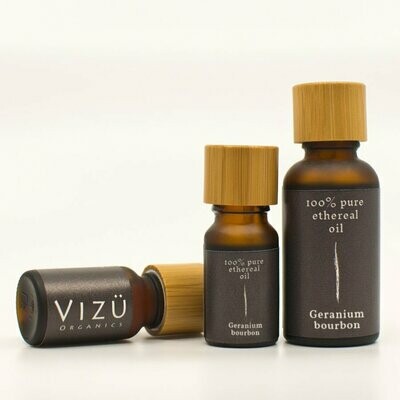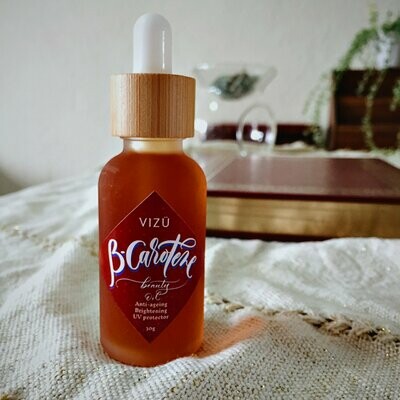Organic red raspberry seed CO2 extract
Ingredient: Organic rubus idaeus (red raspberry) seed extract and organic rosmarinus officinalis (rosemary) leaf extract
Benefits and uses:
- Natural UV protection
- Supports the cell membrane function
- Helps to keep moisture and maintains elasticity in the skin
- Highly moisturizing and emollient
- Can be used as a sunscreen, in toothpaste, creams for prevention of skin irritations (notably for the prevention of gingivitis, rash, eczema, and other skin lesions), bath oil, aftershave cream, antiperspirants, shampoos, and lipsticks.
- As a face moisturiser, use half pump and apply onto cleansed and toned skin twice daily.
- Can be added to other skincare products for extra benefits.
- As a base for soap making and massage oils.
The plant compounds in raspberry seed oil are being studied for use as a broad spectrum UV-A and UV-B sunscreen. Claims are being made for a potential SPF of somewhere between 28 and 50 when the oil is used without dilution on the skin.
Red raspberry seed extract has very high antioxidant, Vitamin E and phospholipid content, hence giving it a naturally long shelf life. The oil is also excellent for skin conditioning and is very effective for use within skincare and cosmetic applications. The oil from the seeds has high concentrations of essential fatty acids, including 25% Omega -3 and 52% Omega-6, it has an oxidative stability greater than its fatty acid makeup suggests.
This CO2 extract has a slight raspberry scent and feels like summer any time of the year!
Herbal Folk Tradition
The raspberry species were a food and medicinal source for native peoples soon after the Ice Age.
There are history reports of medicinal uses for the fruit; the writings were documented by the ancient Greeks (Aeschylus, Hippocrates, Krataeus, Dioscorides, and Galen), ancient Romans (Cato, Ovid, and Pliny the Elder), traditional Chinese medicine; and the Ayurvedic tradition of India.
The ancients used the whole plant and its parts. Stems, branches, roots, leaves, and flowers were used in decoctions, infusions, plasters, oil or wine extractions, and condensates. Decoctions of branches were applied to stop diarrhea, dye hair, prevent vaginal discharge, and as an anti-venom for snakebites. Leaves were chewed to strengthen gums and plastered to constrain shingles, prolapsed eyes, and hemorrhoids. Flowers triturated with oil reduced eye inflammations and cooled skin rashes; infusions with water or wine aided stomach ailments.
